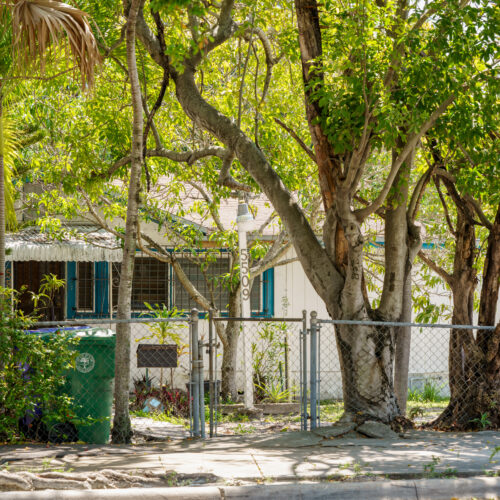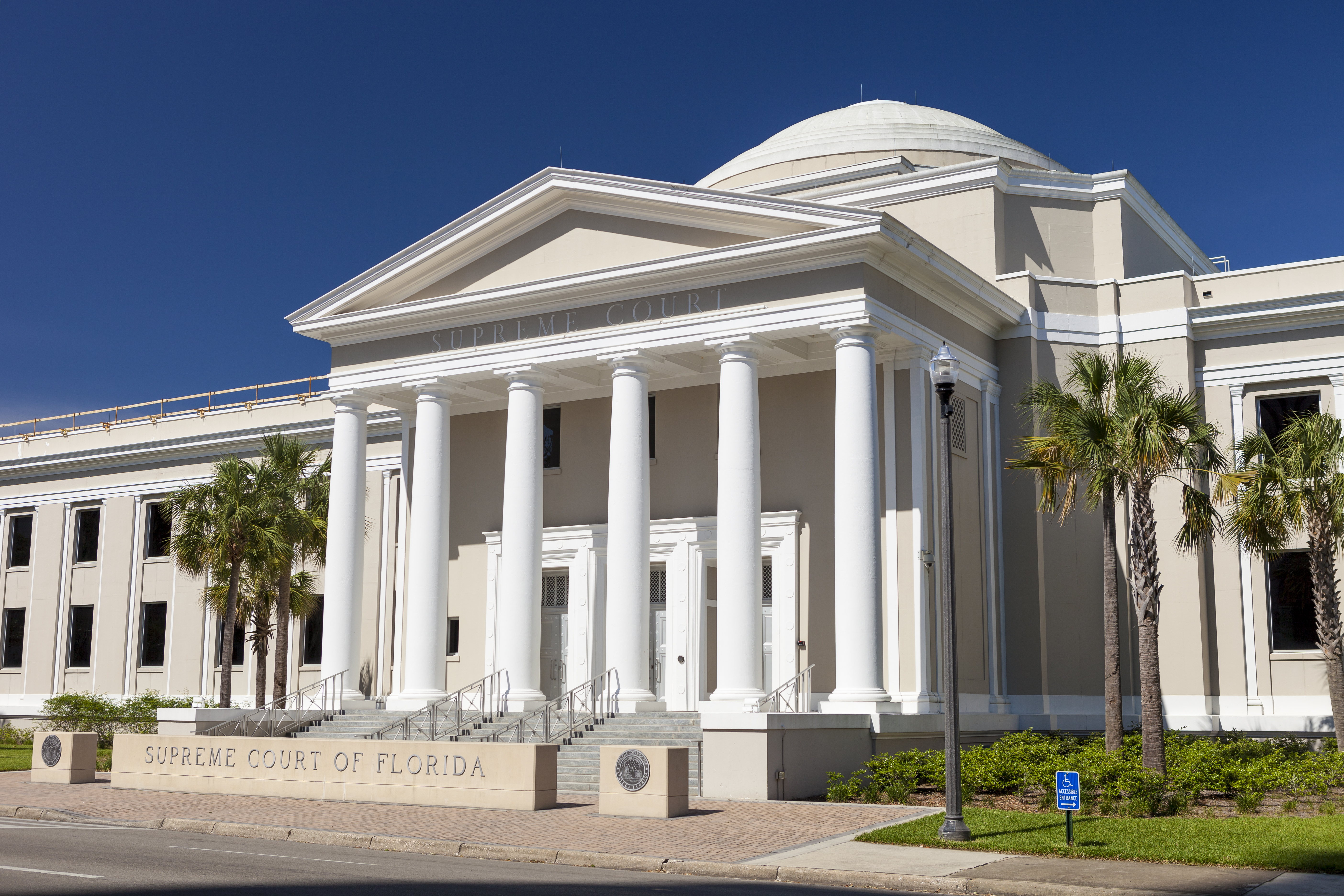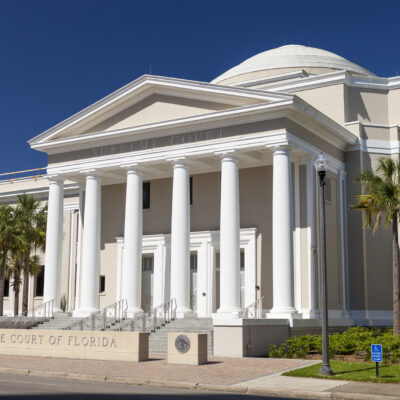Florida
The state of Florida shares with its local governments the responsibility to provide indigent defense services in criminal trials, including elected chief public defenders who are constitutional officers and who administer primary representation. The state and local governments share funding obligations, including state funding for some case types and local funding for other case types. The state has no commission providing oversight of services.
The state of Florida delegates to elected circuit public defenders the responsibility to administer primary services in criminal cases in its appellate courts. The district regional counsel handles the conflicts, and private attorneys provide representation in tertiary cases. The state primarily funds services, though counties pay overhead costs. The state has no commission providing oversight of appellate services.
-
67 Counties Primarily State Funded
-
67 Counties Shared State and Locally Administered
-
67 Counties with No Commission and Limited Authority
-
67 Counties Primarily State Funded
-
67 Counties Shared State and Locally Administered
-
67 Counties with No Commission and Limited Authority
In each judicial circuit, a chief public defender is elected to manage a public defender office providing services in adult and juvenile cases. Five regional conflict defender offices handle conflict cases. A regional counsel manages each office. The governor appoints the regional counsel from nominations by the supreme court judicial nominating commission. Also, the chief judge of each judicial circuit compiles a list of private attorneys to provide conflict services. Private attorneys can choose to be compensated on a flat fee or hourly basis. For local ordinance violations, counties and cities either provide their own services with no state oversight or contract with a circuit public defender for those services.
The state of Florida is the primary funder of indigent defense services. Counties must pay all overhead costs for the circuit public defender. Counties may choose to pay some overhead for regional conflict offices. Counties and cities must fund indigent defense services in local ordinance violation cases. The state Justice Administrative Commission (JAC) manages contracts with private attorneys on behalf of the state, and it provides bill processing and human resource support to public defender and conflict offices.
In each of Florida’s 20 judicial circuits, a chief public defender is elected to manage a public defender office. Five of the twenty public defender offices are the primary providers for adult criminal appeals statewide. Five regional conflict defender offices are the secondary providers. A regional counsel manages each conflict office. The governor appoints the regional counsel from nominations by the supreme court judicial nominating commission. A panel of private attorneys, compiled by the chief judge of each judicial circuit, provides tertiary representation.
The state of Florida is the primary funder of indigent defense services. Counties must pay some overhead costs for the circuit public defender and regional conflict offices serving the county. The state Justice Administrative Commission (JAC) manages contracts with private attorneys on behalf of the state. Private attorneys are paid either a flat fee or can bill hourly. JAC also provides administrative support to public defender and conflict defender offices.

Dig Deeper
Who serves on the state Justice Administrative Commission?
Who determines the qualifications of private attorneys who provide indigent defense services in tertiary conflicts?
Is there a state office dedicated to providing representation in capital cases in postconviction proceedings?
Is an indigent defendant required to pay a fee for their appointed counsel?
Support Our Work
Criminal justice issues that disproportionately harm poor people, such as wrongful convictions and over-incarceration, cannot be fixed if indigent defendants are given attorneys who do not have the time, resources, or qualifications, to be a constitutional check on government. Yet, investment in improving indigent defense services remains largely neglected. The Sixth Amendment Center is the only nonprofit organization in the country that exclusively examines, uncovers, and helps fix the root of the indigent defense crisis in which inequality is perpetuated because poor defendants do not get a fair fight.
The Sixth Amendment Center is a tax-exempt 501(c)(3) nonprofit organization under EIN: 45-3477185.
Donations are tax-deductible to the fullest extent allowable under the law.




